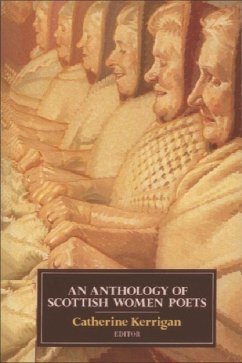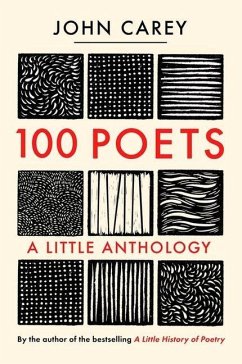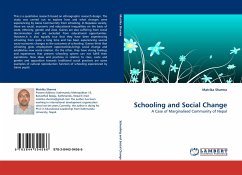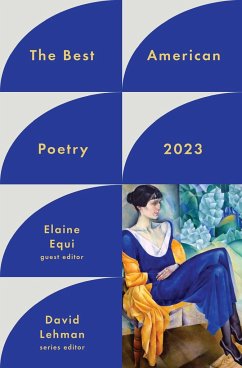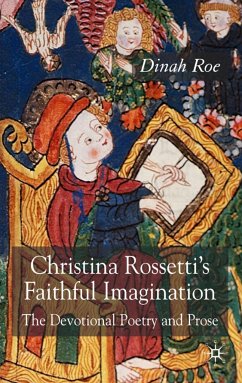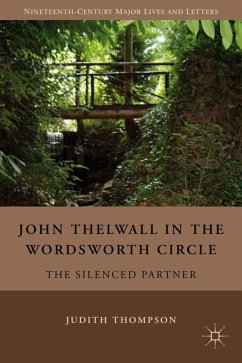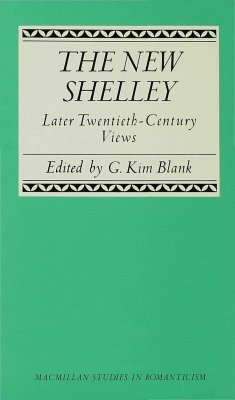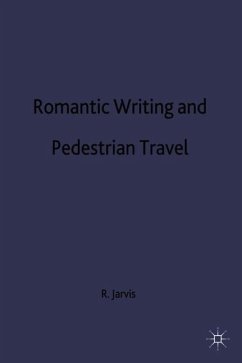Nicht lieferbar

Holocaust Poetry
Awkward Poetics in the Work of Sylvia Plath, Geoffrey Hill, Tony Harrison and Ted Hughes
Versandkostenfrei!
Nicht lieferbar
This study focuses on the post-Holocaust writers Sylvia Plath, Geoffrey Hill, Tony Harrison, and Ted Hughes, while also stressing the links between their work and the Holocaust poetry of Paul Celan, Miklos Radnoti, Primo Levi, and Janos Pilinszky. Developing his theory of "awkwardness," Antony Rowland argues that post-Holocaust poetry can play an important part in our understanding of Holocaust writing. Rowland examines post-Holocaust poetry's self-conscious, imaginative engagement with the Holocaust, as well as the literature of survivors. He illuminates how "awkward" poetics enable post-Holo...
This study focuses on the post-Holocaust writers Sylvia Plath, Geoffrey Hill, Tony Harrison, and Ted Hughes, while also stressing the links between their work and the Holocaust poetry of Paul Celan, Miklos Radnoti, Primo Levi, and Janos Pilinszky. Developing his theory of "awkwardness," Antony Rowland argues that post-Holocaust poetry can play an important part in our understanding of Holocaust writing. Rowland examines post-Holocaust poetry's self-conscious, imaginative engagement with the Holocaust, as well as the literature of survivors. He illuminates how "awkward" poetics enable post-Holocaust poets to provide ethical responses to history and avoid aesthetic prurience. This probing and sensitive reassessment of Holocaust-related poetry offers an important new perspective on postwar poetry.
Alle Preise in Euro und inkl. der gesetzl. MwSt. | Innerhalb Deutschlands liefern wir preisgebundene Bücher versandkostenfrei. Weitere Informationen: bitte hier klicken
Support
Bitte wähle dein Anliegen aus:
Rechnungen
Bestellstatus
Retourenschein
Storno





